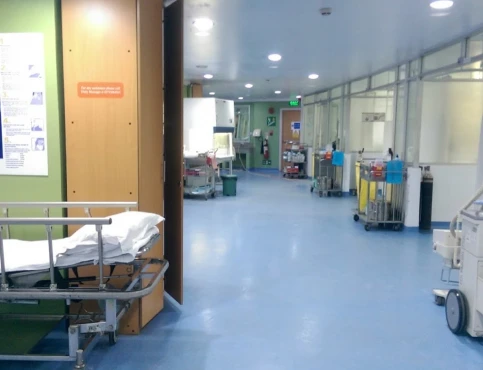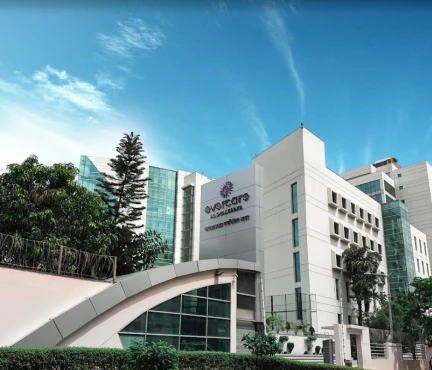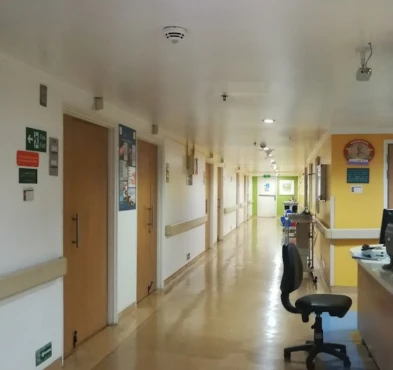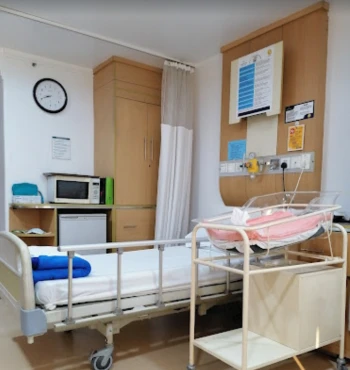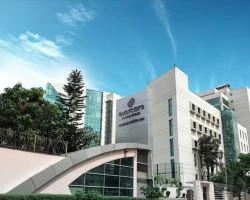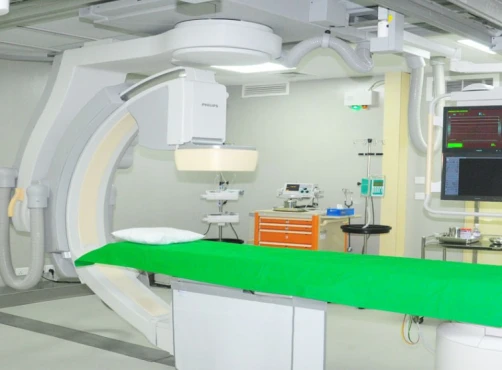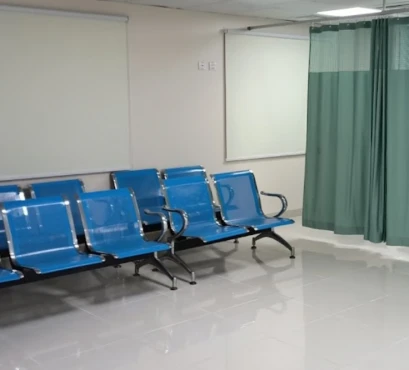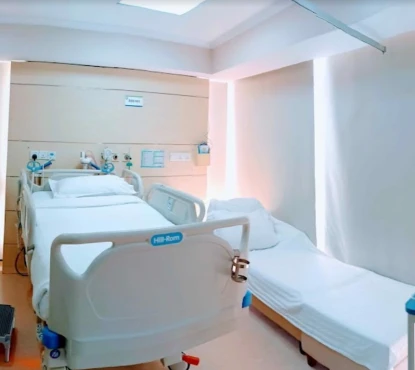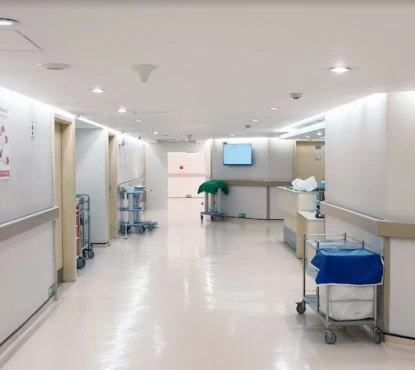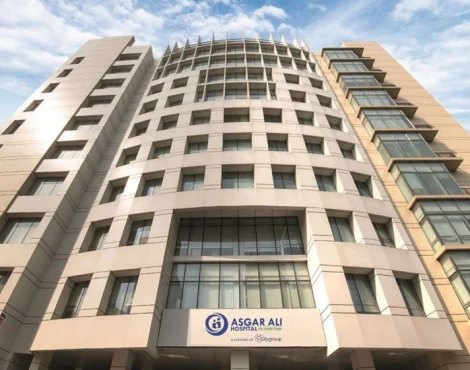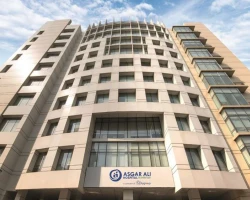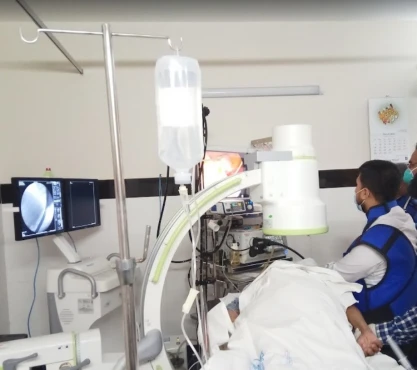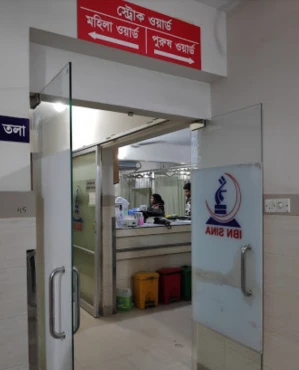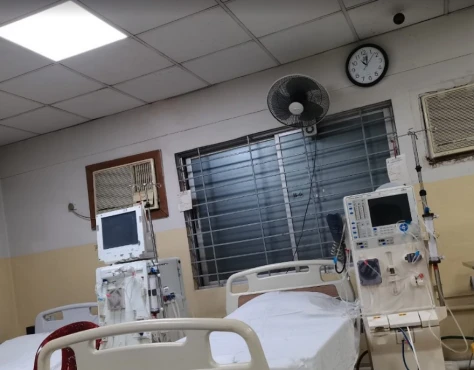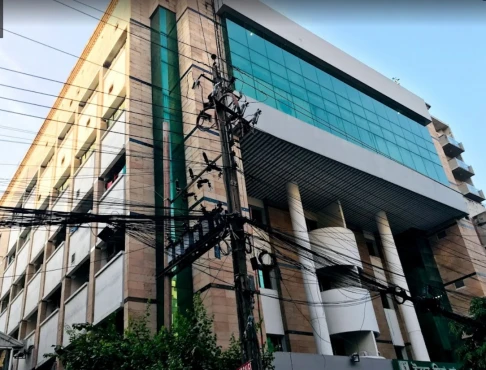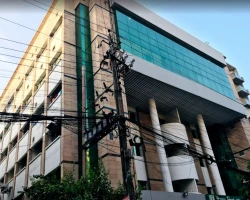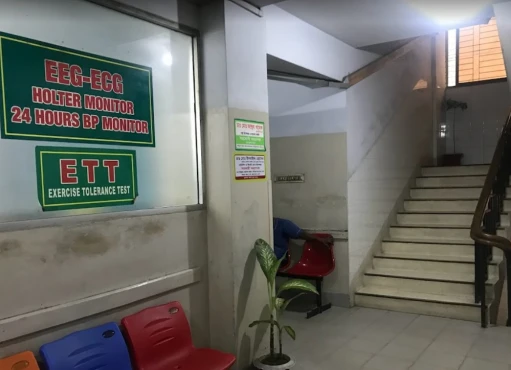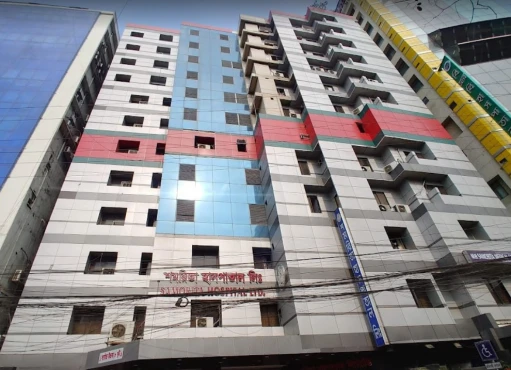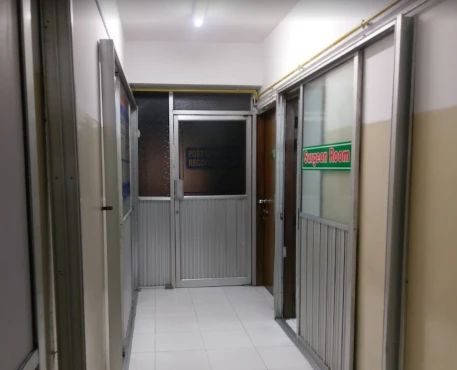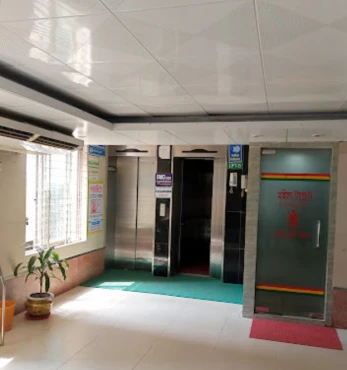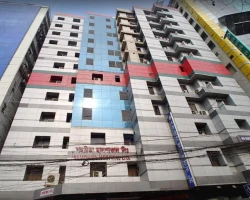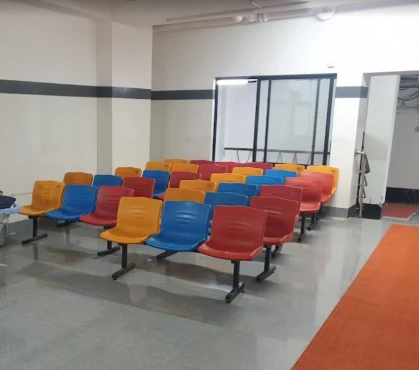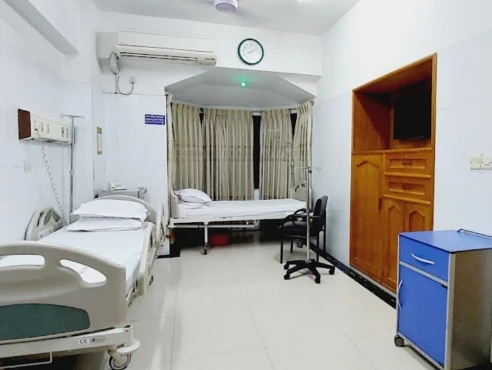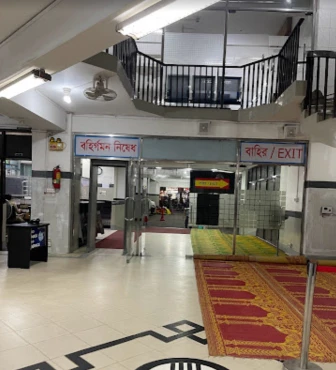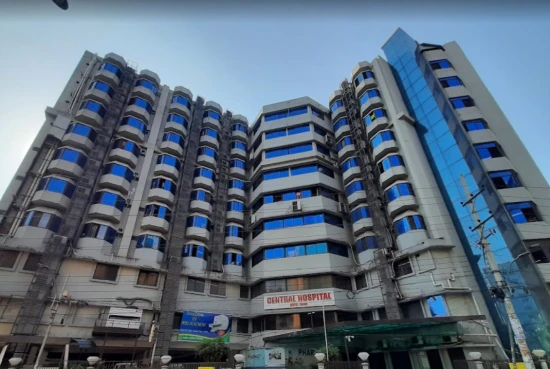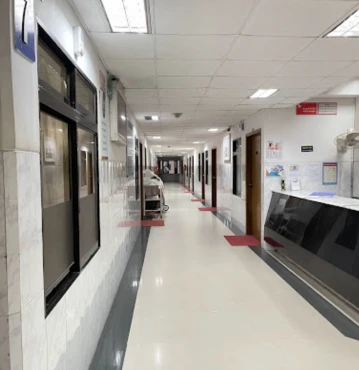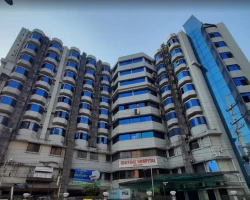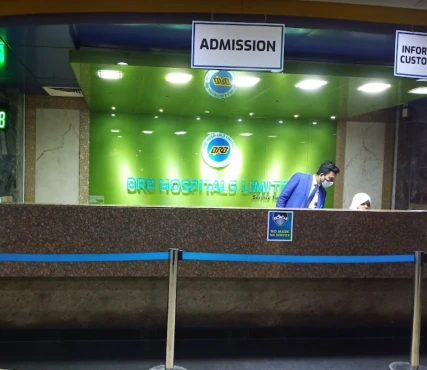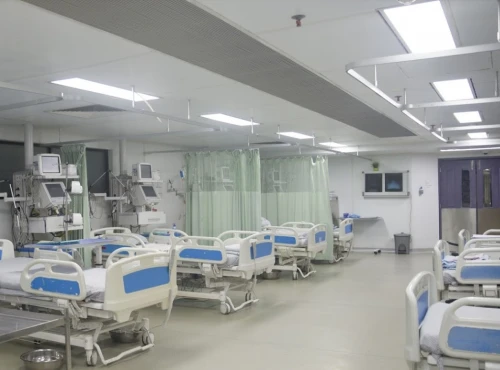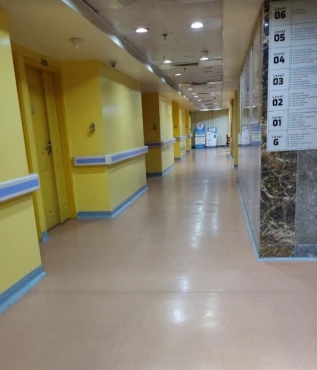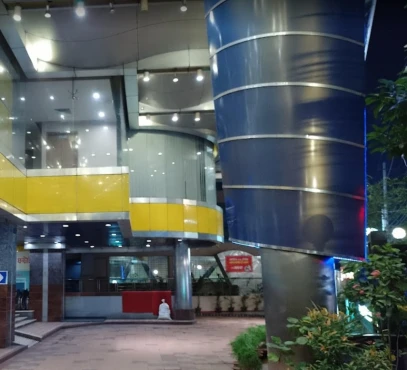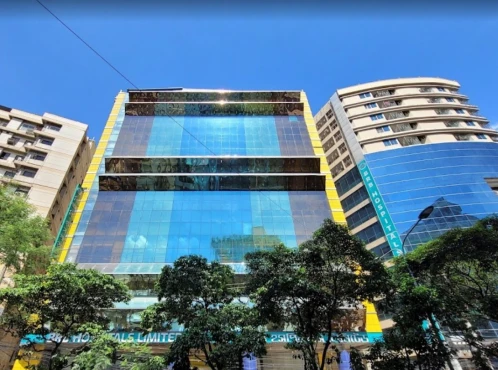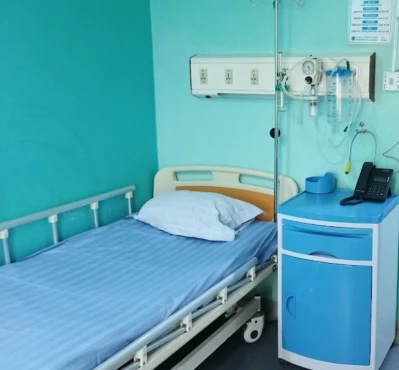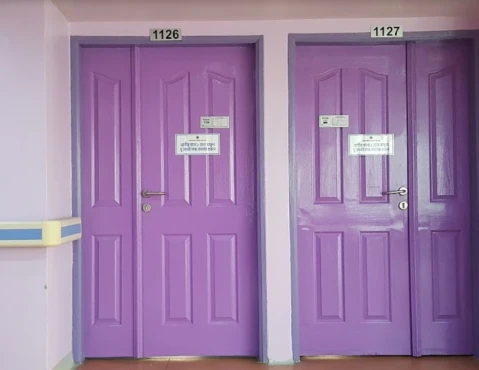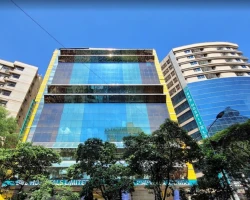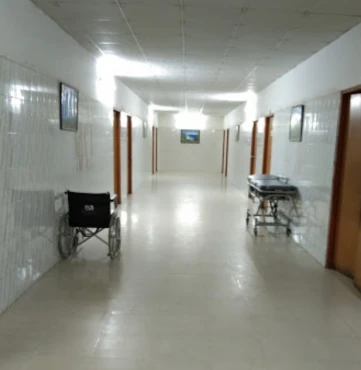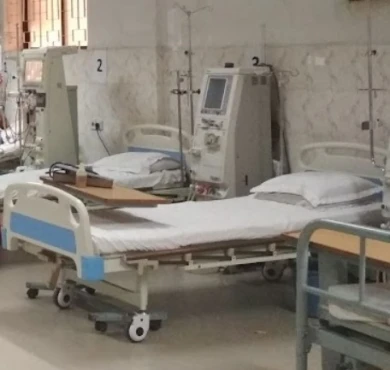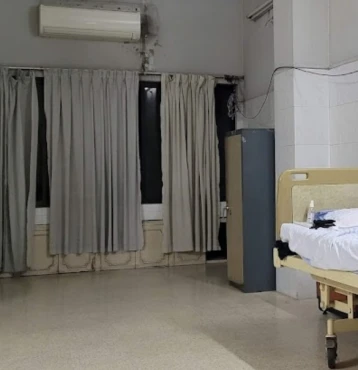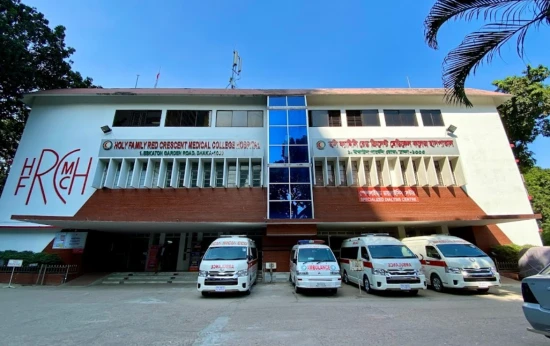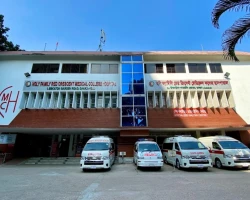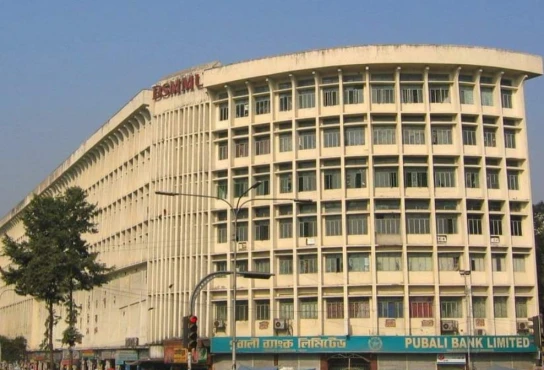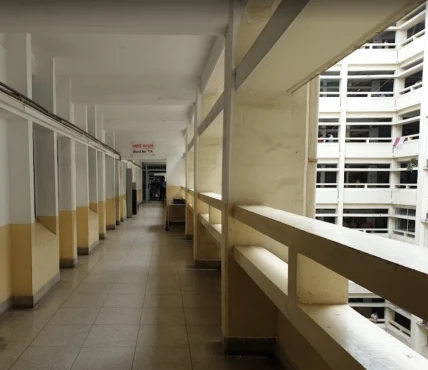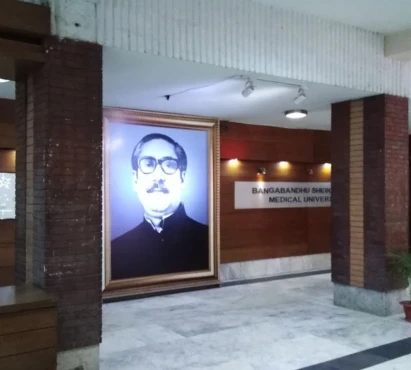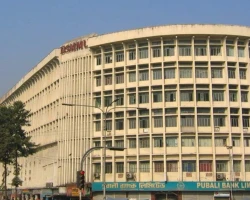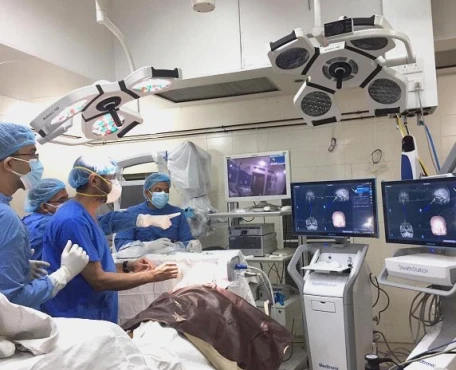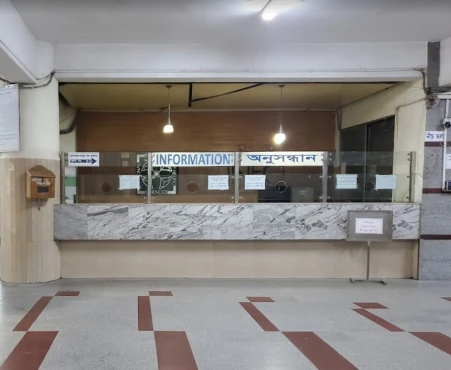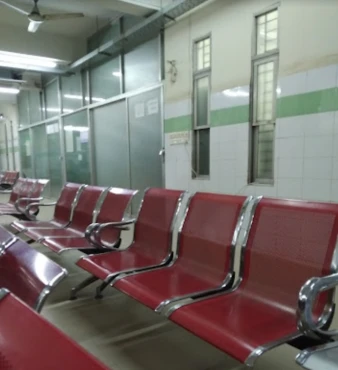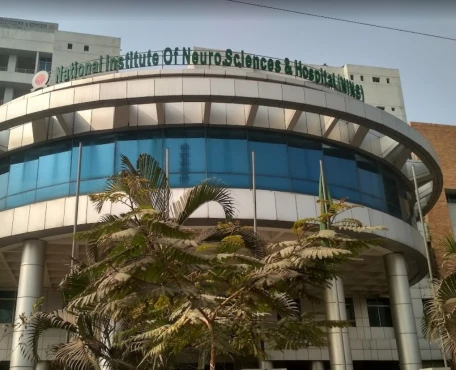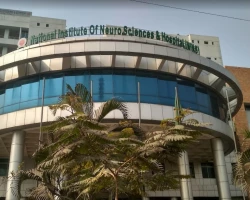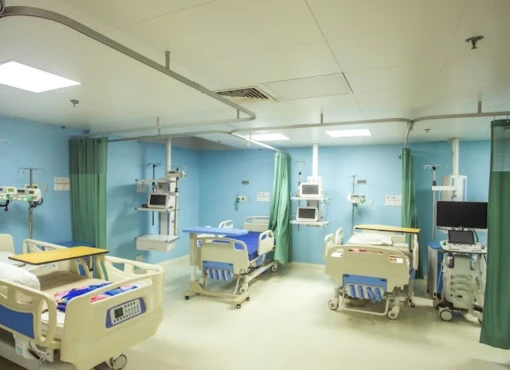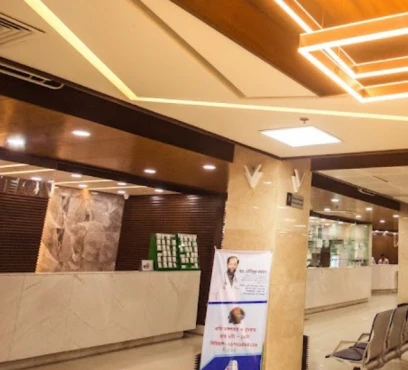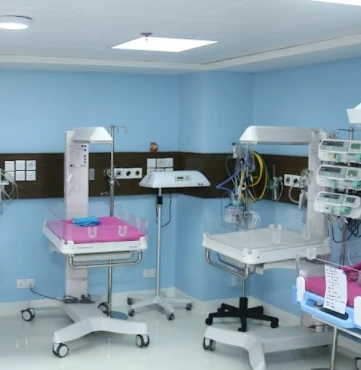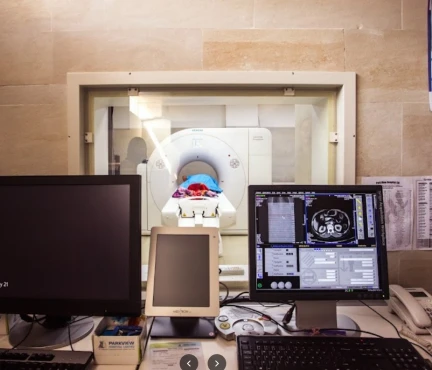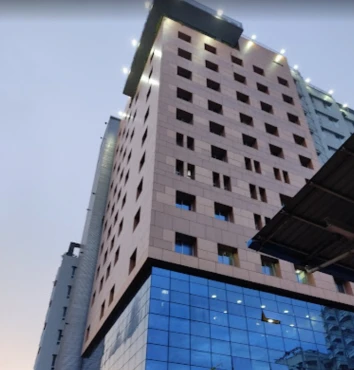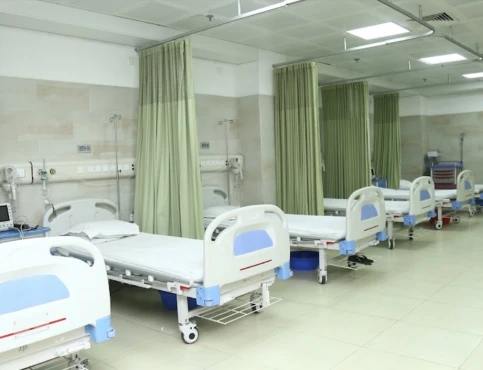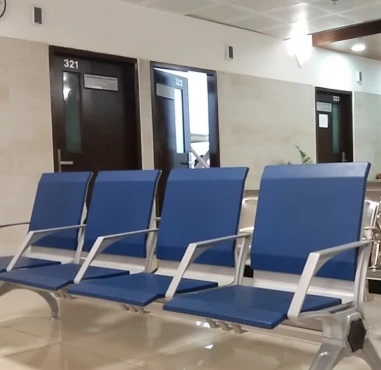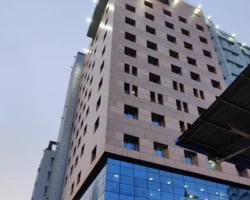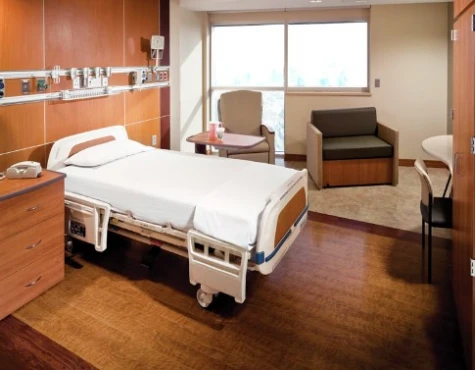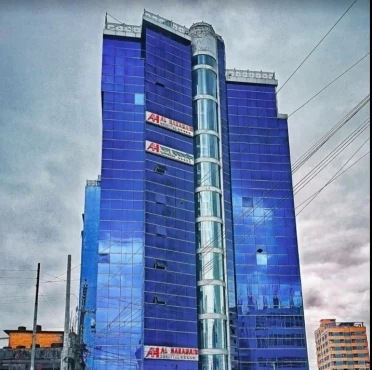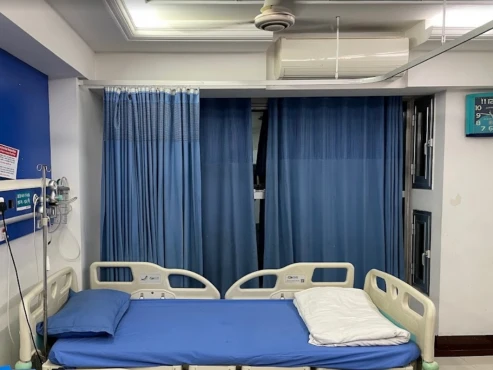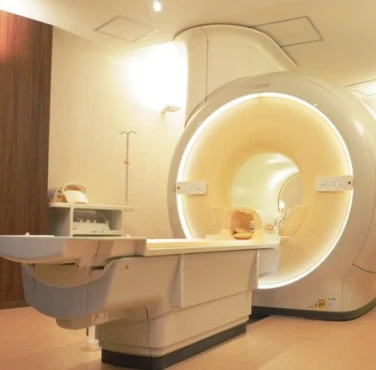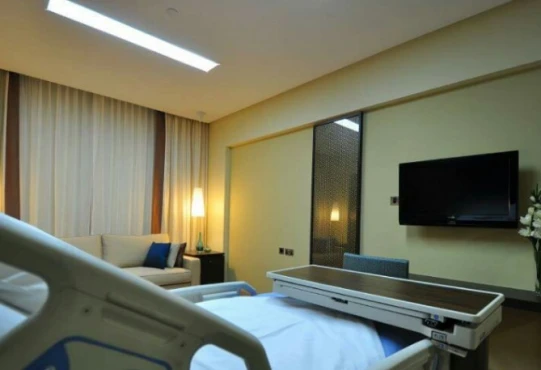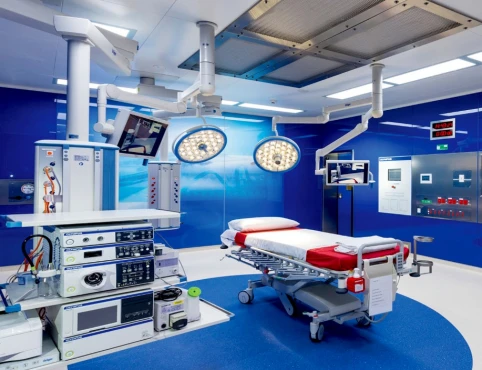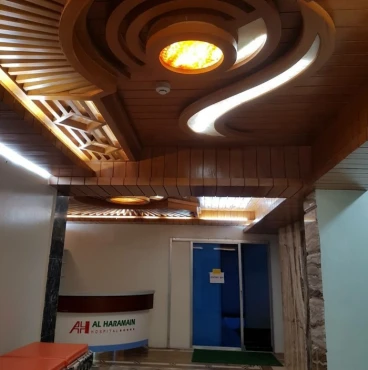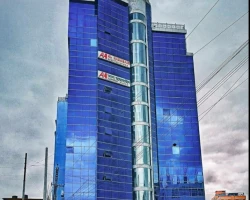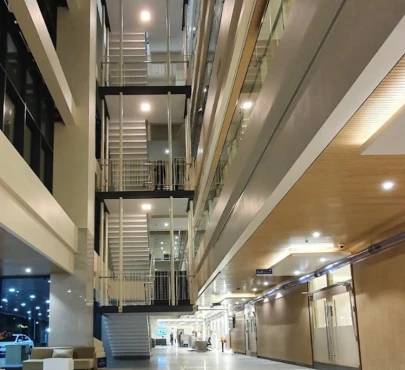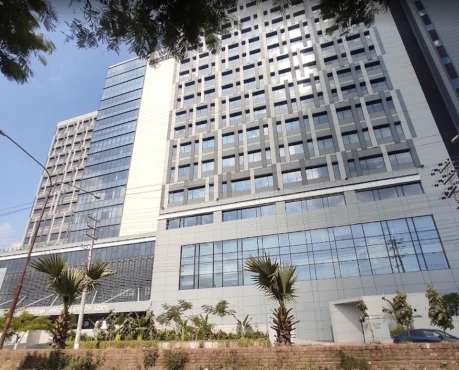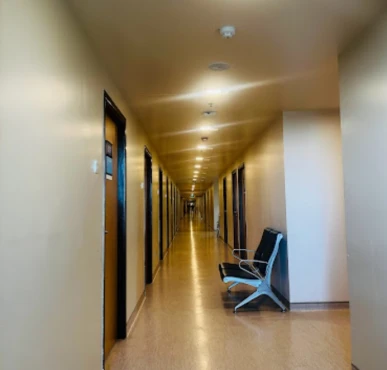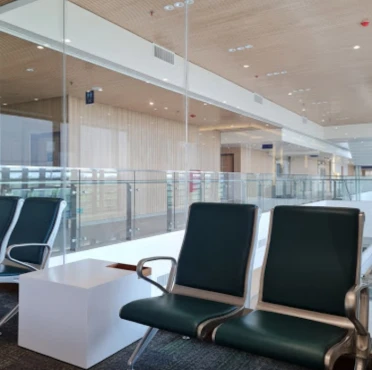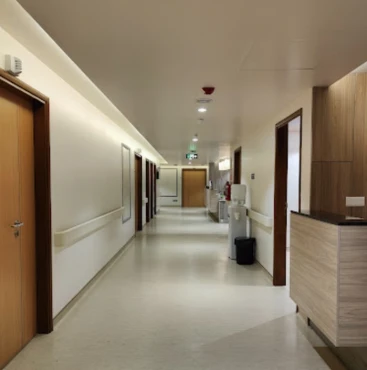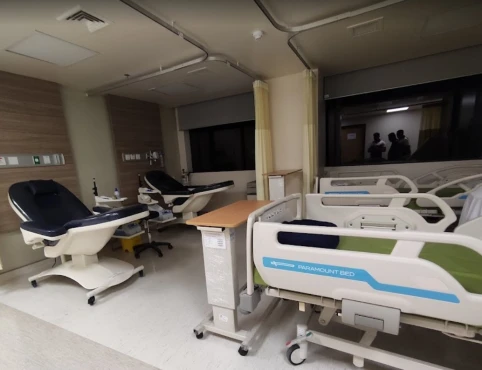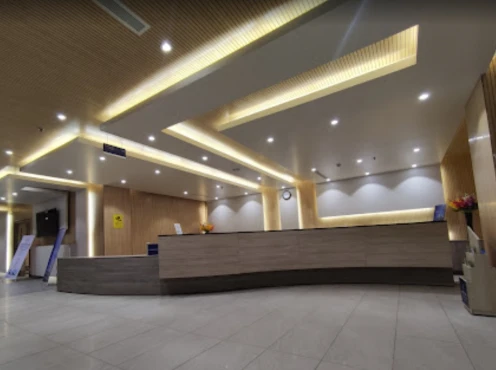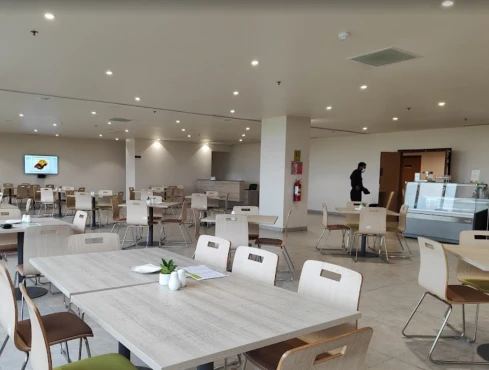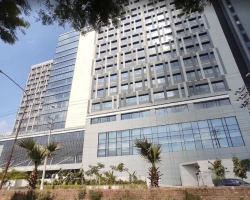Multiple Sclerosis: Understanding a Complex Neurological Condition
Multiple sclerosis (MS) is a chronic neurological condition that affects millions of people worldwide. It is a complex and often unpredictable disease that can have a profound impact on an individual's life. In this comprehensive article, we will explore the various aspects of multiple sclerosis, including its causes, symptoms, diagnosis, treatment options, and the importance of ongoing research.
What is Multiple Sclerosis?
Multiple sclerosis is an autoimmune disease that affects the central nervous system (CNS), which includes the brain and spinal cord. In MS, the immune system mistakenly attacks the protective covering of nerve fibers, called myelin, causing inflammation and damage. This damage disrupts the normal flow of electrical impulses along the nerves, leading to a wide range of symptoms.
Causes and Risk Factors
The exact cause of multiple sclerosis is still not fully understood. However, several factors are believed to contribute to its development:
- Immune System Dysfunction: MS is considered an autoimmune disease because the immune system, which normally defends the body against harmful invaders, attacks its tissues. Researchers are investigating why the immune system goes awry in people with MS;
- Genetics: There is evidence that certain genetic factors may increase the risk of developing MS. People with a family history of the disease are at a slightly higher risk;
- Environmental Factors: Some environmental factors, such as exposure to certain viruses or low levels of vitamin D, may play a role in the development of MS. Geographic areas farther from the equator have higher MS prevalence, possibly due to reduced sun exposure and lower vitamin D levels.
Symptoms
The symptoms of multiple sclerosis can vary widely from person to person and depend on the location and extent of nerve damage. Common symptoms include:
- Fatigue: Debilitating fatigue is one of the most common and disabling symptoms of MS;
- Numbness or Tingling: Many individuals with MS experience numbness, tingling, or a "pins and needles" sensation in various parts of the body;
- Muscle Weakness: Weakness in the limbs can make everyday activities challenging;
- Coordination and Balance Problems: MS can affect coordination and balance, leading to clumsiness and difficulty walking;
- Vision Problems: Blurred vision, double vision, and loss of vision are possible symptoms;
- Pain and Spasticity: MS can cause pain, muscle stiffness, and spasms;
- Cognitive Changes: Some people with MS experience difficulties with memory, attention, and problem-solving.
Diagnosis
Diagnosing multiple sclerosis can be complex, as there is no single test that can confirm it. Physicians typically use a combination of medical history, neurological exams, MRI scans, and other tests to reach a diagnosis. It's essential to rule out other conditions that can mimic MS symptoms.
Types of Multiple Sclerosis
Multiple sclerosis can manifest in various forms, including:
- Relapsing-Remitting MS (RRMS): This is the most common form of MS, characterized by periods of relapse (worsening of symptoms) followed by periods of remission (partial or complete recovery);
- Primary Progressive MS (PPMS): In PPMS, the disease progresses steadily without distinct relapses or remissions;
- Secondary Progressive MS (SPMS): SPMS begins as RRMS and later transitions into a progressive form with worsening symptoms and fewer remissions;
- Progressive-Relapsing MS (PRMS): PRMS is a rare form characterized by a progressive course with occasional relapses.
Treatment Options
While there is currently no cure for multiple sclerosis, various treatment options are available to manage symptoms, slow disease progression, and improve the quality of life. These treatments fall into several categories:
- Disease-Modifying Therapies (DMTs): DMTs are a crucial component of MS management, especially for those with relapsing forms of the disease. These medications aim to modify the immune response and reduce the frequency and severity of relapses. Some commonly prescribed DMTs include interferons, glatiramer acetate, and newer oral or infused therapies. The choice of DMT depends on the specific type and stage of MS, as well as individual patient factors;
- Symptomatic Treatment: MS can manifest with a wide range of symptoms, and symptomatic treatments are designed to address these specific issues. Some examples of symptomatic treatments include:
- Muscle Spasm and Spasticity Management: Medications like baclofen, tizanidine, and physical therapy can help alleviate muscle spasms and stiffness;
- Pain Relief: Nonsteroidal anti-inflammatory drugs (NSAIDs), prescription pain medications, and alternative therapies such as acupuncture may be used to manage pain;
- Bladder and Bowel Control: Medications, catheterization, and lifestyle modifications can help individuals manage bladder and bowel symptoms;
- Fatigue Management: Lifestyle changes, such as maintaining a balanced diet, regular exercise, and adequate rest, can help combat the debilitating fatigue often associated with MS;
- Physical and Occupational Therapy: Rehabilitation therapies can help individuals with MS improve mobility, strength, and function;
- Lifestyle Modifications: Adopting a healthy lifestyle is essential for individuals with MS. This includes:
- Regular Exercise: Engaging in physical activity can help maintain muscle strength, improve balance, and boost overall well-being. Consultation with a healthcare provider is essential to develop an exercise regimen tailored to an individual's abilities;
- Nutrition: A balanced diet rich in fruits, vegetables, lean proteins, and whole grains can support overall health. Some individuals with MS may consider dietary modifications, such as the low-saturated fat Swank diet or the Mediterranean diet;
- Stress Management: Stress can exacerbate MS symptoms, so stress-reduction techniques such as meditation, mindfulness, and relaxation exercises can be beneficial;
- Complementary and Alternative Therapies: Some individuals with MS explore complementary and alternative therapies alongside traditional treatments. These may include acupuncture, massage therapy, herbal supplements, and dietary modifications. It is essential to consult with a healthcare provider before incorporating these therapies to ensure they do not interact negatively with existing treatments.
Research and Progress
Research into multiple sclerosis is ongoing, with scientists exploring various aspects of the disease, including its underlying causes, potential risk factors, and innovative treatment approaches. Recent advancements in understanding the role of the immune system in MS have led to the development of more effective therapies.
Living with MS
Living with multiple sclerosis can be challenging, but many individuals with MS lead fulfilling lives. Support from healthcare professionals, family, and friends is crucial. Support groups and advocacy organizations are valuable resources for people affected by MS.
Conclusion
Multiple sclerosis is a complex neurological condition that requires ongoing attention, care, and research to improve the lives of those affected by it. While there is no cure, ongoing research is shedding light on the disease's mechanisms and leading to improved treatments. With the right medical care, support, and lifestyle adjustments, individuals with MS can manage their symptoms and enjoy a high quality of life.
In conclusion, multiple sclerosis is a multifaceted disease that necessitates continuous exploration and understanding to provide better care and support for those living with it.
